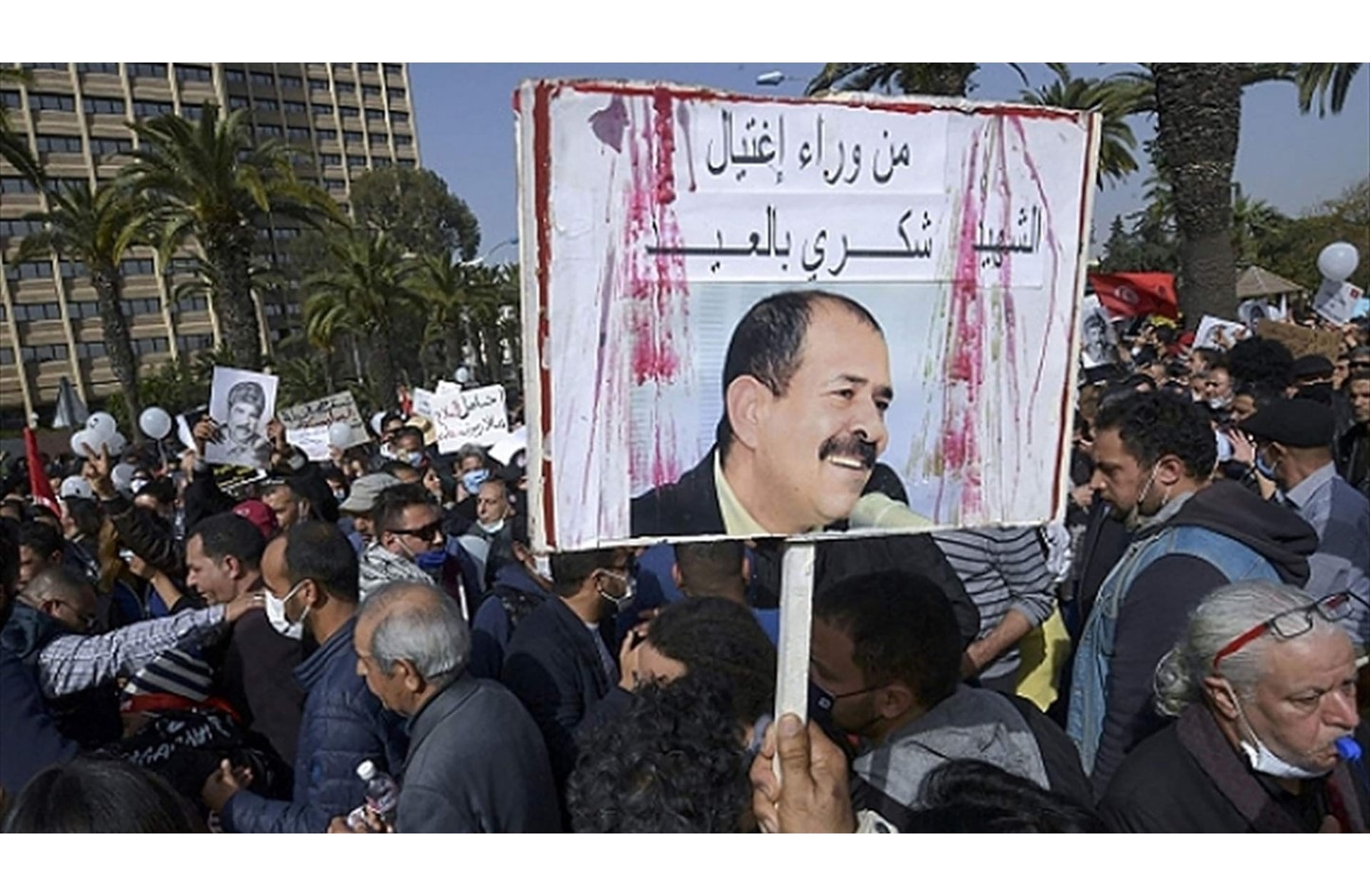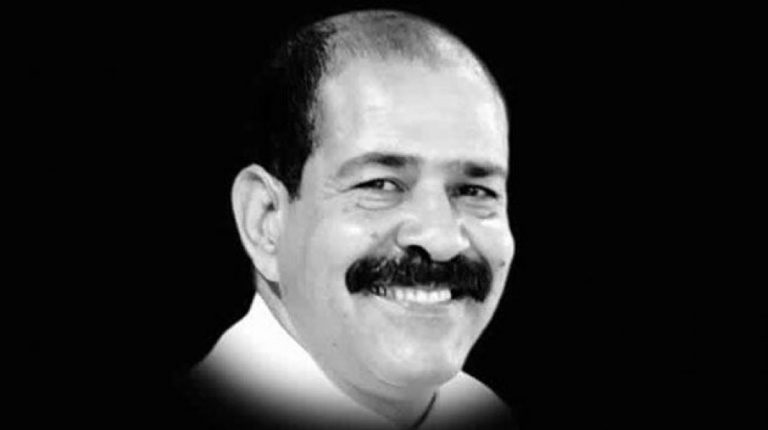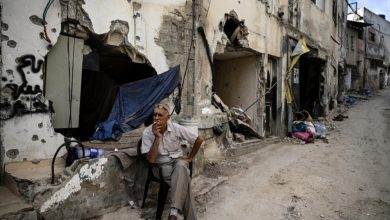Tunisian Court Sentences Chokri Belaid’s Assassins: Death and Life Imprisonment

Watan-A Tunisian court has issued death sentences for four individuals and life imprisonment for two others on charges of participating in the assassination of the prominent politician Chokri Belaid 11 years ago.
The targeting of Belaid marked Tunisia’s first political assassination in decades.
The specialized criminal chamber in terrorism cases at the Tunis Court of First Instance issued death sentences for four convicted individuals in the case of the opposition figure Chokri Belaid’s assassination in 2013, along with two life sentences for two other convicts.
23 people were convicted in the killing of the leftist activist in his car in front of his home on February 6.
Two of them were sentenced to life imprisonment, while sentences ranging from two years to 120 years were issued against other defendants, with five individuals acquitted, according to assistant public prosecutor Ayman Shatiba.
He was shot dead in his car by gunmen on February 6, 2013.
Belaid’s supporters gather around the court
Near the courthouse in the capital Tunis, dozens of Belaid’s supporters have been gathering since Tuesday evening, carrying banners demanding justice and chanting slogans including “Chokri is always alive” and “loyal to the martyrs’ blood.”
محكمة تونسية تصدر حكما بإعدام 4 أشخاص أدينوا باغتيال شكري بلعيد pic.twitter.com/DiHVCY4xX9
— Reuters | عربي (@araReuters) March 27, 2024
Statement from the Renaissance Movement
Following the verdicts, the Renaissance Movement said in a statement that the findings of the security apparatus and the conclusions of the judicial circles undoubtedly provide evidence of the innocence of the Renaissance Movement and conclusive evidence against what it termed as the suspicious agenda of the so-called Defense Committee.

It added that the issuance of the judgments should put an end to the trading of the martyr’s blood and restore respect to those who have been falsely accused politically, especially the movement’s leader, Rached Ghannouchi.
In its statement, it called for turning over a new leaf of reconciliation and rejecting voices that incite discord, exclusion, and hatred.






